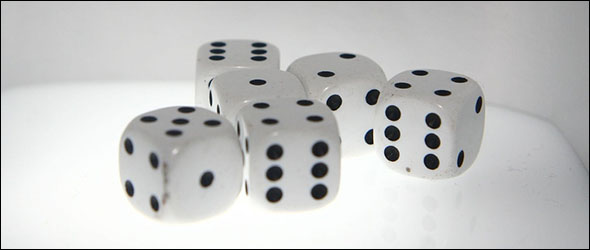After yesterday’s very exciting email from McMaster, I received another email from them today:
Hello Joshua – I am following up on my message yesterday regarding your invitation to interview at McMaster. You have been invited to interview based on the information provided at the time of application (in terms of meeting the minimum academic requirements). With the ongoing labour dispute at York University however, it may well be that you will not be able to meet these requirements, unless you have made alternate plans or if York University comes up with a plan that will allow students to complete their credits by the end of the regular term.
Our requirements, which remain unchanged, are that you have completed at least 30 half-year credits and that these are graded, on a transcript and that transcript is in our hands by June 30th.
We wanted you to be aware of this issue prior to accepting the invitation to interview. You are certainly welcome to accept the interview, but we wanted you to be aware that, if successful, you may not be in a position to accept an offer of admission.
Kind of a similar message that Queen’s gave me several weeks ago. I understand this is a policy, and I am not mad at the medical schools for this. It’s not their fault, and this is just an unfortunate situation for students in my situation.
Unfortunately for me, York’s new post-strike schedule proposes that final exams will end on June 2. That doesn’t leave much time for exams to be graded, final grades to be compiled, and official final grades to be posted – plus the time it takes to get the transcript in the hands of the medical school. I’m not sure how long it normally takes to do this, but it could definitely be a bit tight.
So I emailed someone I know at York today about the situation, and she said it’s going to be looked into. She said York is serious about ensuring that students are not disadvantaged in any way because of the strike. Hopefully that’s a good sign. I’ll keep everyone posted.
In other news, I got my McMaster Interview package in the mail today. My interview is going to take place on Saturday, March 28. For those of you who don’t know, McMaster’s interview format is something called Multiple Mini Interviews (MMI) – a type of interview format where there are say 10 stations, and you spend 7-10 minutes at each station doing a different task, such as answering a question, analyzing a situation, role playing, etc. Definitely Google MMI if you are interested.
It seems quite interesting, and I’m not exactly sure if this format plays to my strengths. My gut feeling is that it doesn’t (I think a more traditional interview tends to work to my strengths), but I’m going to come up with a plan for preparing, so we’ll see how that goes.
That’s all for today. Thanks again for everyone’s support along the way!







